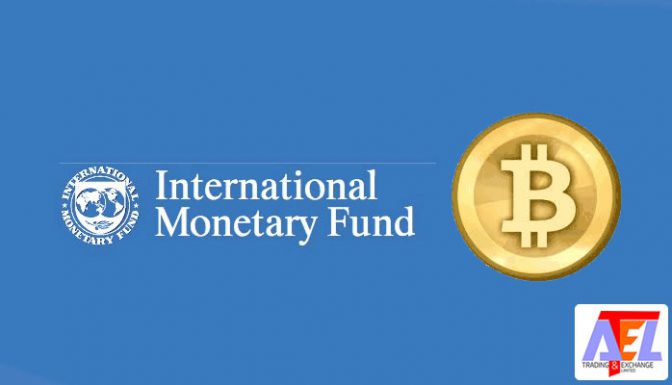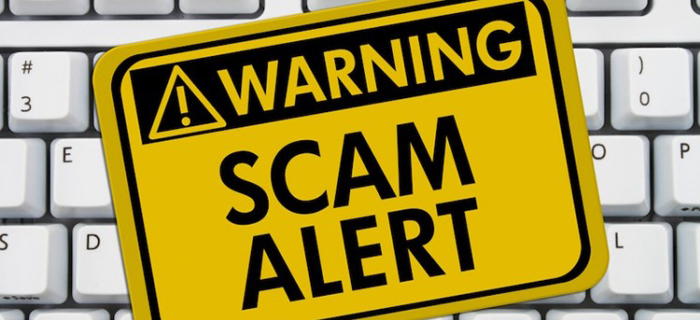Christine Lagarde, IMF Managing Director, has had many positive things to say about the potential of digital currencies and their disruptive model, but she has now added that the IMF would not rule out creating its own version of it.
Recently, Russia entered the decentralized digital currency space with its ‘CryptoRuble’ and it could be that organisations, as well as states, see the value of digital currencies, but ones that they can control and issue.
About to see massive disruptions
The IMF head has said before that she pictures her organisation playing a crucial role in regulating cryptocurrencies globally, but in a positive manner as she seems to be on the side of Bitcoin.
Lagarde is of the opinion that Global financial institutions are taking risks by not watching and understanding emerging financial tech products, and that are already starting to shake up the financial services and global payments system.
“I think that we are about to see massive disruptions,” Lagarde said at the IMF Annual Meeting in Washington D.C.
IMF to develop its own
Remarking on something that the IMF has already created, comparing it to digital currencies, Lagarde said that the IMF would not rule out developing its own cryptocurrency in the future.
She pointed to the IMF’s Special Drawing Right (SDR), a currency the IMF created to serve as an international reserve asset, that could incorporate technology similar to cryptocurrencies.
“What we will be looking into is how this currency, the special drawing right, can actually use the technology to be more efficient and less costly,” she said.
The IMF is looking to make its way into the crypto space, and with their hopes of regulating it, Lagarde says it makes sense simply due to the cross border nature of it.
“My hope is that we can participate in that process because I see that as a very cross-border process,” she added.
At Altecho Trading and Exchange Limited- ATEL, we give you news, opinions, advice and research on Crypto-currency (eCurrency, digital currency), computer/general security issues and the latest internet threats.
Credit: Darryn Pollock



